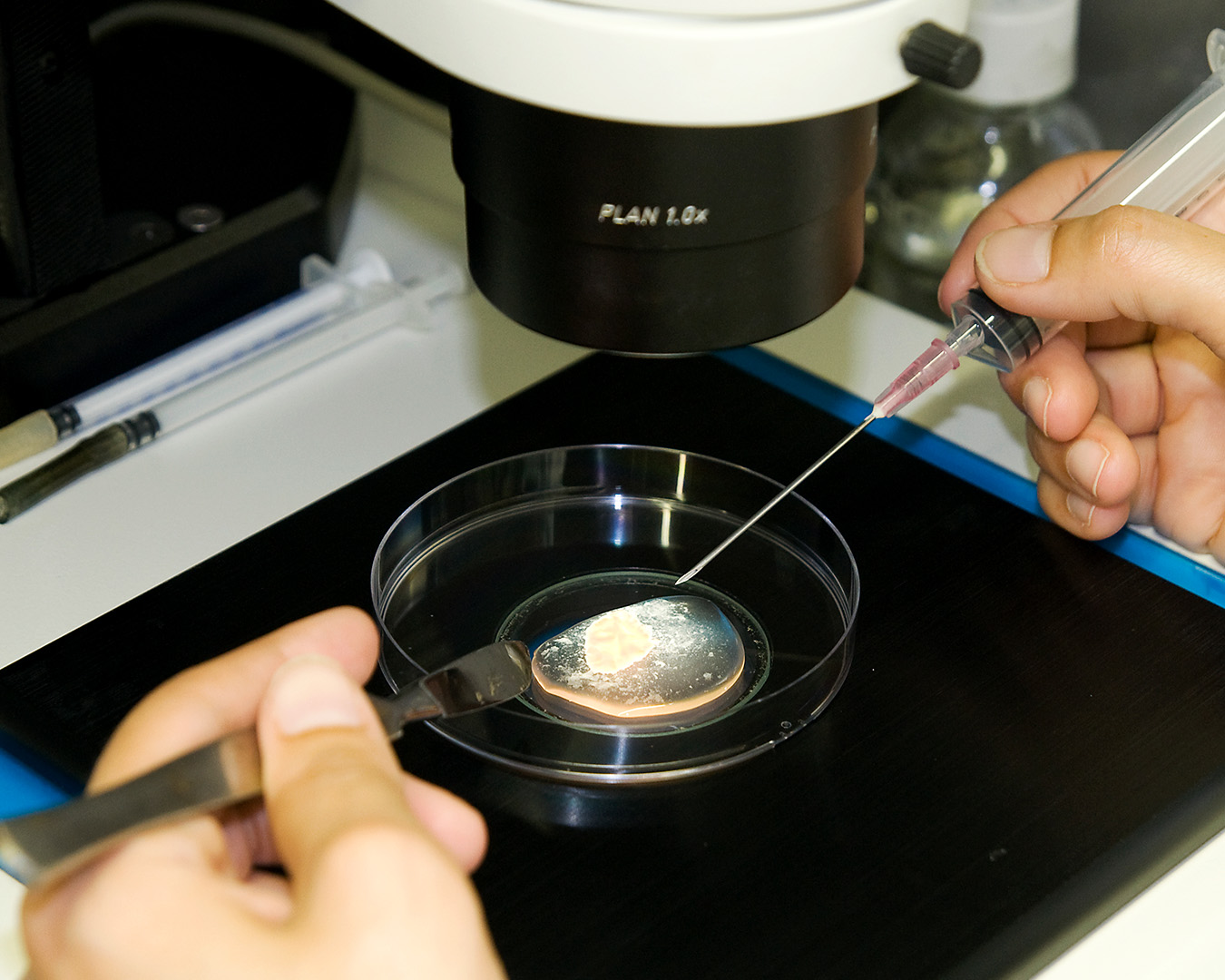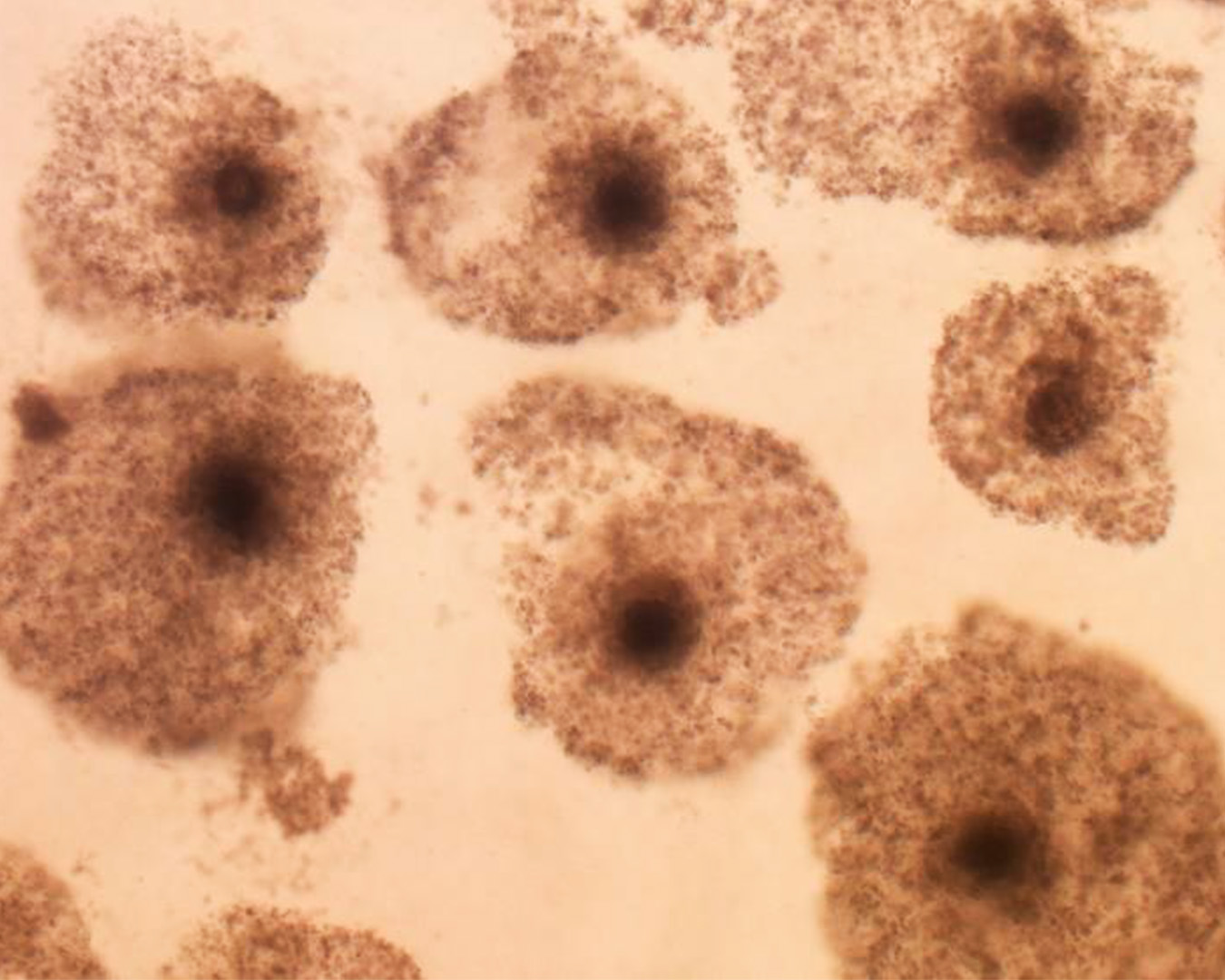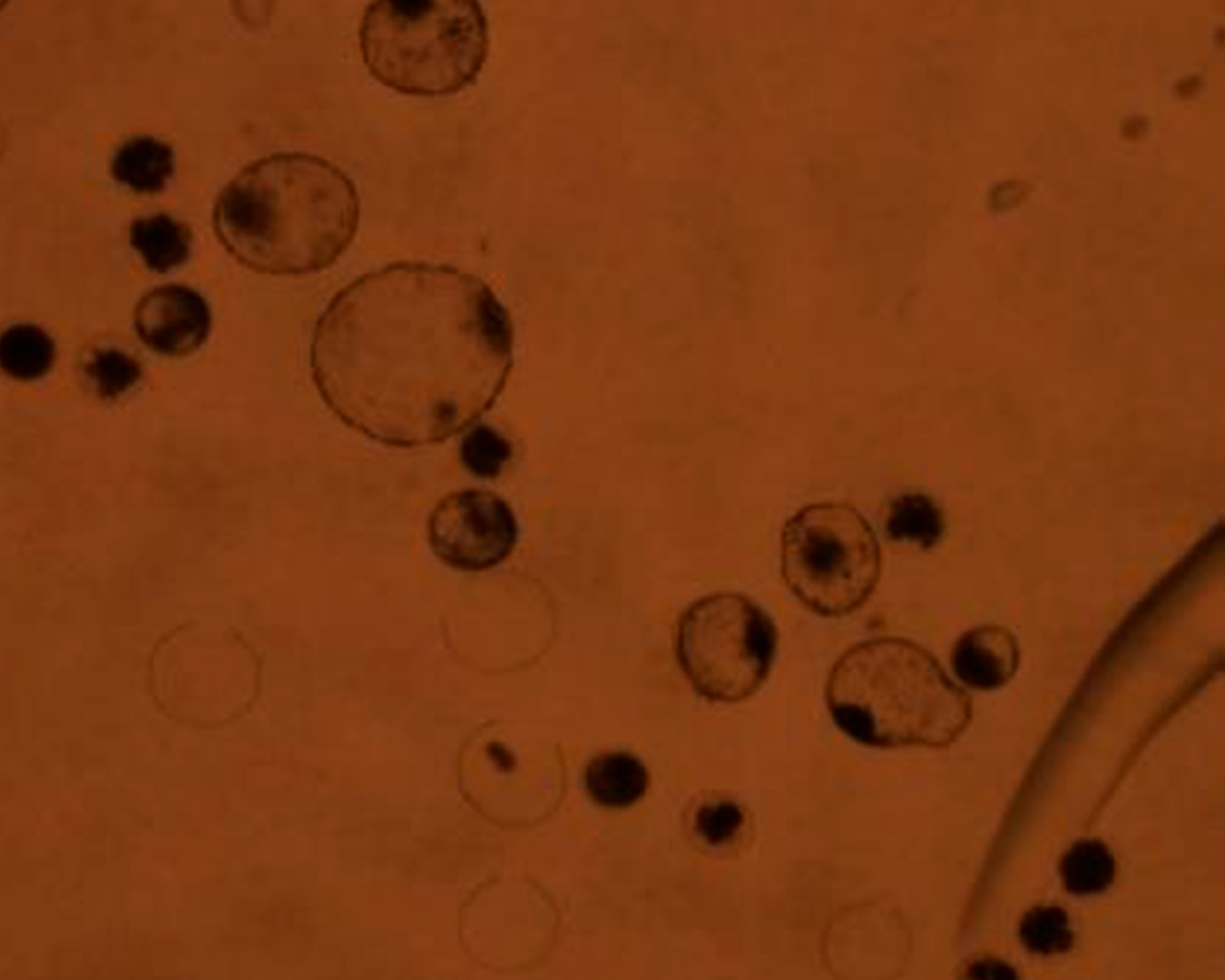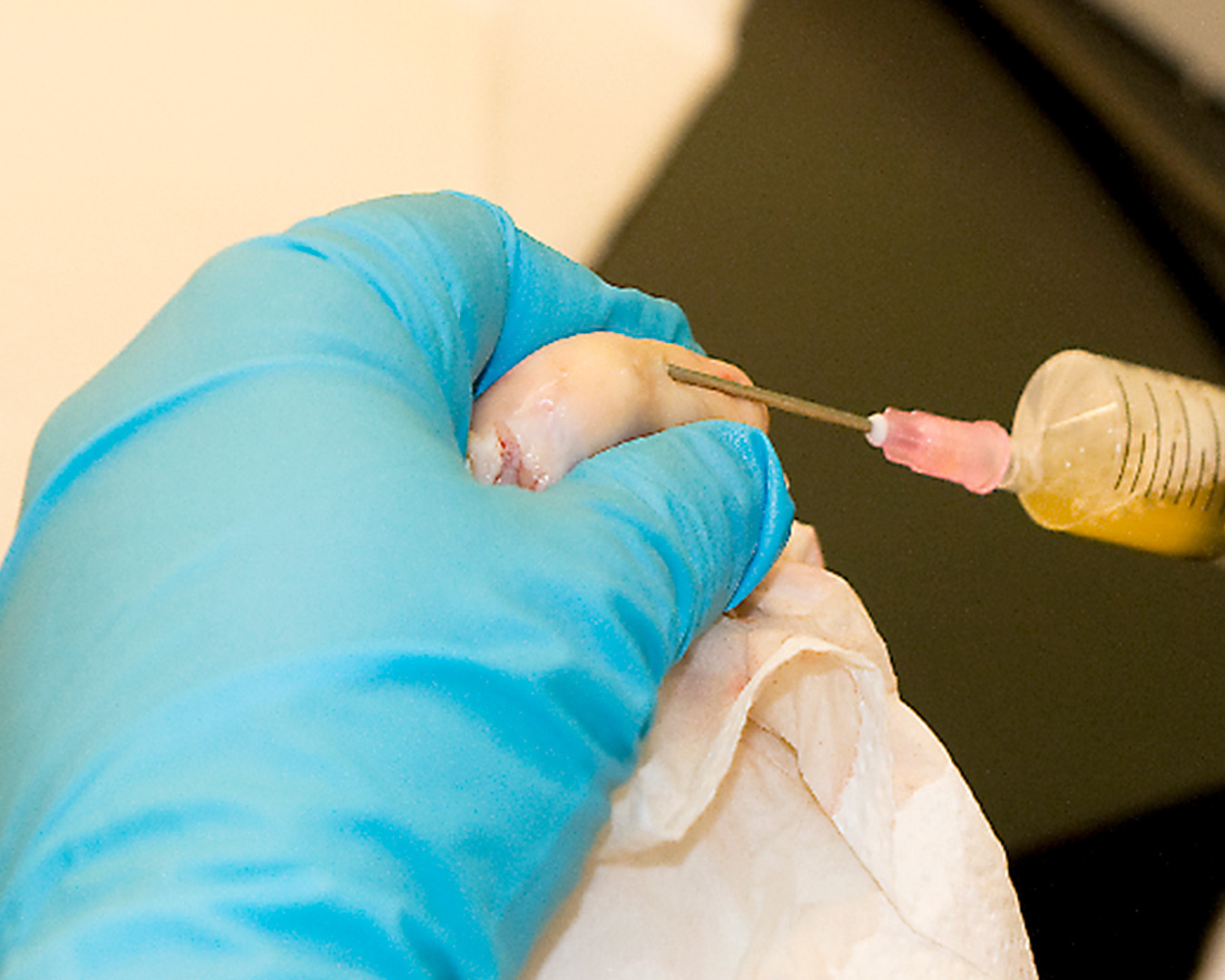
| Acronym: | PO ACORES2020-2015-BEMAP-ET |
| Cost Center: | 641 |
| Operation Code: | ACORES-01-0145-FEDER-000026 |
| Title: | BEMAP-ET - Bovine embryonic metabolism assessment as a strategy to predict pregnancy success |
| Start-End: | 31-10-2016 - 30-04-2021 |
| Entidade Beneficiária Principal: | Fundação Gaspar Frutuoso |
| Gestores da FGF: | Lúcia Cláudio |
| Responsible Researcher: | Joaquim Fernando Moreira da Silva |
| R&D Units: | IITAA - Instituto de Investigação em Tecnologias Agrárias e do Ambiente |
| Entidade | Montante |
|---|---|
| Total Eligible Cost | 149.999,91 € |
| Direção Regional da Ciência e da Tecnologia (15.0 %) | 22.499,99 € |
| PO Açores 2020 - FEDER (85.0 %) | 127.499,92 € |
Main Objectives:
Identify indicators (metabolites) in bovine embryos produced in vivo and in vitro that can guarantee the ability of cows/heifers to become pregnant after the transfer of these embryos. Increase quality scientific production oriented towards intelligent specialization.
Project Description:
Embryo transfer technology (ET) is considered an integral part of assisted reproductive technologies, and the outcome and efficiency of successful pregnancies mainly depend on the selection of embryos viable for transfer, which is a hallmark of effective TE strategy. Therefore, the ability to accurately and quickly assess the quality and viability of pre-implanted embryos, prior to transfer to the recipient, was considered highly important. Improving embryo viability prediction increases the efficiency of ET programs with significant financial impact, as it decreases the number of recipients needed for embryo transfer, reducing the time and financial losses associated with maintaining recipients for long periods. Until now, the traditional methods of assessing embryonic quality are mainly based on microscopic morphology, since, as is known, the morphological criteria do not reflect the complete picture of embryonic competence, since the embryo with a low evaluation may have a high potential for embryonic development. development. For this reason, it becomes evident that the visual classification of embryos, by itself, is insufficient and needs to be strengthened by other objective parametric methods. In this way, the study of metabolites will truly indicate the potential and competence of an embryo to develop successfully after transfer, increasing its commercial value, as well as the genetic rate and animal productivity. In this way, the evaluation of products of the metabolic pathways, produced by embryonic cells and released into the embryo's culture medium, can be used to predict their viability and development potential. Furthermore, metabolites are easily collected, do not damage cells and their quantification represents the end products of cell regulatory processes.
Results:
We intend to determine the production of embryonic metabolonics by techniques commonly used for analysis of carbohydrates, glycolytic metabolites and amino acids, and mass spectrometry (MS) is considered a sensitive, rapid analysis , qualitative and potentially quantitative analysis of a large population of metabolites, especially when combined with other chromatographic techniques such as liquid chromatography, gas chromatography, capillary electrophoresis and HPLC liquid chromatography.







